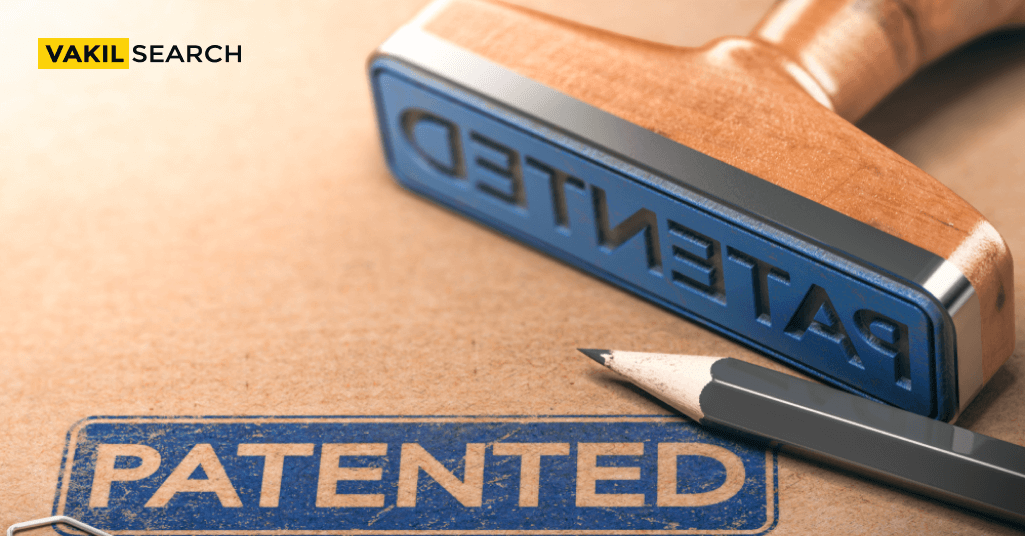This article delves into the ethics of patent infringement, examining the implications for various industries, startups, and developing countries, and the delicate balance between innovation and intellectual property rights
Introduction:
Patent infringement is a complex and contentious issue that lies at the intersection of law, innovation, and ethics. Patents are essential tools for promoting innovation and protecting the rights of inventors. However, when one entity’s use of patented technology encroaches upon the rights of another, ethical questions arise regarding where to draw the line. This article explores the various dimensions of patent infringement ethics and examines the moral implications surrounding this challenging subject.
Click here to know more about Patent Registration Online
The Concept of Patent Infringement: Defining the Parameters:
Patent infringement occurs when someone, without the patent holder’s permission, makes, uses, sells, or imports a patented invention. Defining the boundaries of patent infringement involves a meticulous examination of the patent claims and the accused product or process. Courts analyze the scope of the patent and assess whether the allegedly infringing technology falls within that scope. This process requires a delicate balance between the protection of intellectual property rights and the promotion of competition and technological advancement.
Factors to Consider in Drawing the Line:
Drawing the line in patent infringement cases involves considering various factors. One crucial aspect is the intent of the alleged infringer. Deliberate and willful infringement raises more significant ethical concerns than accidental or unknowing infringement. Additionally, courts must assess the potential impact of infringement on the patent holder, the market, and technological progress.
The Moral and Ethical Implications of Patent Infringement:
The moral implications of patent infringement revolve around the principles of fairness, honesty, and respect for intellectual property. Ethical dilemmas arise when companies prioritize their commercial interests over the rights of inventors, leading to unauthorized use or imitation of patented technologies. Balancing the pursuit of innovation and competition while respecting the rights of inventors requires careful ethical analysis.
The Ethics of Reverse Engineering:
A Balancing Act Between Competition and Innovation:
Reverse engineering, the practice of analyzing a product or technology to understand its design, raises ethical questions in patent infringement cases. While it can foster healthy competition and innovation, reverse engineering may also lead to unauthorized replication of patented technology. Striking a balance between promoting innovation and preventing infringement becomes essential in such scenarios.
Patent Trolls: An Ethical Dilemma for the Industry:
Patent trolls, or non-practicing entities, are entities that acquire patents primarily for the purpose of asserting them against alleged infringers, rather than using the patents for actual production or development. This raises ethical concerns as patent trolls often use litigation as a profit-making strategy, clogging the legal system and potentially stifling innovation.
Patent Infringement and Corporate Social Responsibility: A Debate:
The concept of corporate social responsibility (CSR) raises questions about how companies should behave ethically, not only towards their stakeholders but also towards competitors and the larger society. Patent infringement may come into conflict with a company’s commitment to CSR, necessitating ethical decision-making in protecting their intellectual property rights without resorting to unethical practices.
The Gray Area of Patent Infringement: Ethics and the Law:
The intersection of ethics and the law becomes particularly critical in the gray area of patent infringement cases. Ambiguities in patent claims and technological complexity can blur the lines between infringement and fair use. Ethical considerations play a significant role in determining how courts interpret and enforce patent laws in such situations.
Ethical Considerations for Startups and Small Businesses in Patent Infringement Cases:
Startups and small businesses often lack the resources and expertise to navigate patent infringement issues effectively. Ethical considerations come to the forefront when such businesses unknowingly infringe on existing patents due to limited knowledge or access to legal advice.
Balancing Intellectual Property Rights and Public Interest: A Delicate Line:
The ethical balance between protecting intellectual property rights and serving the public interest is a perpetual challenge. While patents encourage innovation, they can also create monopolies that limit access to essential technologies. Striking a delicate balance that benefits society while protecting inventors’ rights requires ethical discernment.
The Ethics of Patent Infringement in the Healthcare Industry:
Patent infringement in the healthcare industry raises unique ethical concerns. Balancing the need for affordable and accessible healthcare with the protection of pharmaceutical and medical technology patents presents complex moral dilemmas.
Patent Infringement in Developing Countries: Ethical Challenges and Opportunities:
Developing countries face distinct ethical challenges concerning patent infringement. Balancing the promotion of innovation and technological advancement with the urgent need for access to essential technologies and medicines becomes crucial in these contexts.
Conclusion
Hence, the ethics of patent infringement present complex and multifaceted challenges that require a delicate balance between protecting intellectual property rights and promoting innovation and competition. Considerations of fairness, honesty, corporate social responsibility, public interest, and the ethical behavior of entities involved are crucial in navigating the intricate terrain of patent infringement. Balancing these ethical considerations while upholding the principles of intellectual property law remains essential for fostering a climate of responsible innovation and technological progress.
FAQ:
1. What are the ethical issues in patent infringement?
The ethical issues in patent infringement include questions of fairness, honesty, respect for intellectual property rights, promoting innovation, preventing monopolies, protecting public interest, and the ethical behavior of companies involved in the infringement.
2. What is a patent in business ethics?
In business ethics, a patent is a legal right granted to an inventor or assignee that excludes others from making, using, selling, or importing the patented invention without permission. It aims to protect innovation and provide inventors with exclusive rights to their inventions for a limited time.
3. What is the principle of patent infringement?
The principle of patent infringement centers on unauthorized use or exploitation of a patented invention without the permission of the patent holder. When someone engages in activities that fall within the scope of the patent claims, it is considered patent infringement.
Also Read,

